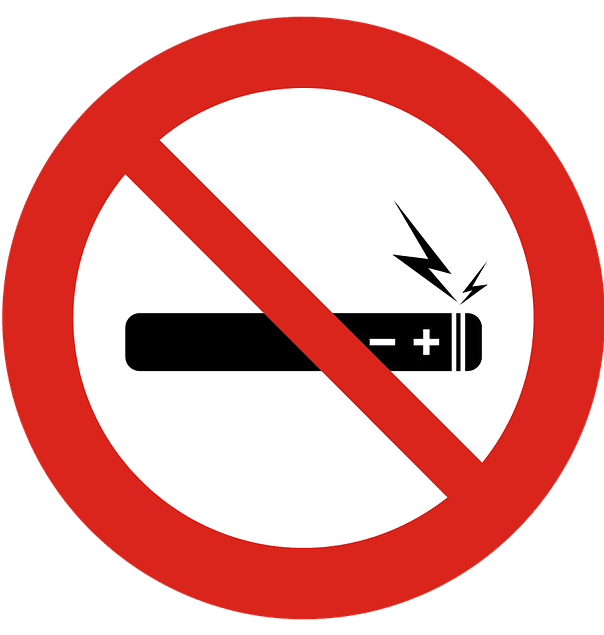Last week, the U.S. Court of Appeals for the D.C. Circuit issued its decision in Nicopure Labs, LLC v. FDA. Finding fully in favor of the FDA, the court affirmed the district court’s judgement upholding the Tobacco Control Act (TCA) and its application to e-cigarettes.
The litigation stemmed from FDA’s May 2016 “deeming rule” making e-cigarettes subject to the agency’s regulatory authority. Relevant for this blog, the deeming rule extended the prohibition on free samples of tobacco products to e-cigarettes and required premarket review of “new tobacco products” (those that were not commercially marketed as of February 15, 2007), including e-cigarettes. Not allowing free e-cigarette samples is pretty straightforward, but premarket review is a bit more complicated.
Premarket review of new tobacco products is similar to FDA’s review of new drugs and devices before they’re approved or cleared for more widespread public consumption. However, drugs and devices are reviewed for safety and efficacy while tobacco products are reviewed under “an appropriate for the protection of the public health” standard. To remain on the market legally, e-cigarettes must undergo premarket review and obtain marketing authorization from the FDA. A number of pathways to market exist depending on a variety of factors, including whether a product is being marketed as a tobacco product or tobacco cessation/quitting aid, but for most e-cigarettes, the Premarket Tobacco Product Application (PMTA) pathway is the most likely to be used. In addition, to use modified, or reduced, risk tobacco claims like “this product is less harmful than cigarettes,” e-cigarettes must likewise obtain marketing authorization from FDA to do so. The pathway for this is through Modified Risk Tobacco Product (MRTP) Applications.
The D.C. Circuit Court of Appeals disagreed with the plaintiffs (an e-cigarette company and various e-cigarette trade groups) that FDA’s prohibition on free e-cigarette samples and requirement of premarket review of e-cigarettes—both to remain on the market legally and to market as MRTPs—were illegal either as First Amendment or Administrative Procedure Act violations. All that said, FDA has exercised enforcement discretion (i.e. delayed enforcing a statutory requirement) with regard to premarket review of e-cigarettes, meaning that all e-cigarettes in the U.S. are technically illegal because none have obtained marketing authorization from the FDA. Then-FDA Commissioner, Scott Gottlieb, has said the delay was to give e-cigarette companies time to put together quality submissions demonstrating the products’ promise as an off-ramp for adult smokers, but that meant that no gatekeeper stood between e-cigarette companies and the public, and what ensued in the interim was questionable marketing of the products, which has resulted in a concerning increase in the experimentation and use of e-cigarettes by kids.

The illegal status of e-cigarettes was not discussed in the appellate court’s decision, but public health groups separately challenged FDA’s delay of premarket review as an abdication of its statutory responsibility, and they won. As a result, court-ordered premarket review of e-cigarettes must now occur starting May 2020, meaning the potential for game-changing e-cigarette policy is both now (i.e. the current status of e-cigarettes as unlawfully marketed products under federal law could be advantageous for putting in place necessary marketing restrictions, especially to protect youth and other vulnerable and historically-targeted subpopulations) and between May 2020 and May 2021 when FDA is likely to complete its first reviews of e-cigarette PMTAs. That deadline may change as e-cigarette trade groups continue to pursue litigation to further delay premarket review, but for now, May 2020 is the target.
* Image courtesy of https://pixabay.com/vectors/sign-designation-of-the-2957179/



